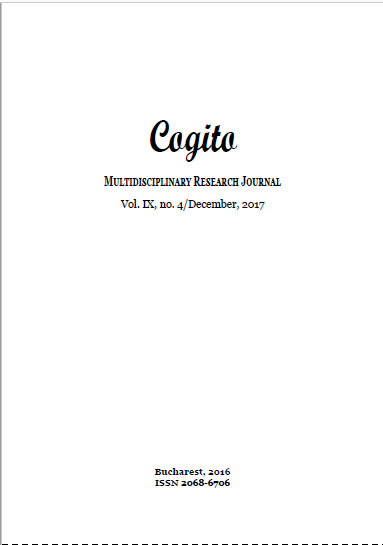MIRCEA ELIADE. FROM THE HISTORY OF RELIGIONS TO PHILOSOPHICAL ANTHROPOLOGY
MIRCEA ELIADE. FROM THE HISTORY OF RELIGIONS TO PHILOSOPHICAL ANTHROPOLOGY
Author(s): Gabriela Pohoaţă, Iulia WaniekSubject(s): Anthropology, Social Philosophy, Phenomenology, Hermeneutics, History of Religion
Published by: Editura Pro Universitaria
Keywords: sacred; desacralized man; history of religions; philosophical anthropology;
Summary/Abstract: The Romanian anthropological model set up by Dimitrie Cantemir in Descriptio Moldaviae was taken to a higher level of philosophical elaboration and refinement in the thinking of Mircea Eliade, who asserted himself in contemporary anthropological knowledge through a "new philosophical anthropology and a new humanism". This research aims at a novel approach to Mircea Eliade's work, integrating his contribution in the field of the history of religions into a philosophical anthropology centered on the concept of sacredness as a universal dimension of man. Concerned with the issue of human being, Mircea Eliade evokes in his work the mutation that takes place in the mentality of the post-Renaissance European man who lives the desacralization of nature. Viewing man - in fact, the whole humanity – from the perspective of its temporal-historical metamorphoses, Eliade turned his growing interest towards a philosophical anthropology, based on a phenomenological-hermeneutic method. Basically, his approach aims at a new humanism.
Journal: Cogito - Multidisciplinary research Journal
- Issue Year: 2017
- Issue No: 4
- Page Range: 43-50
- Page Count: 8
- Language: English

